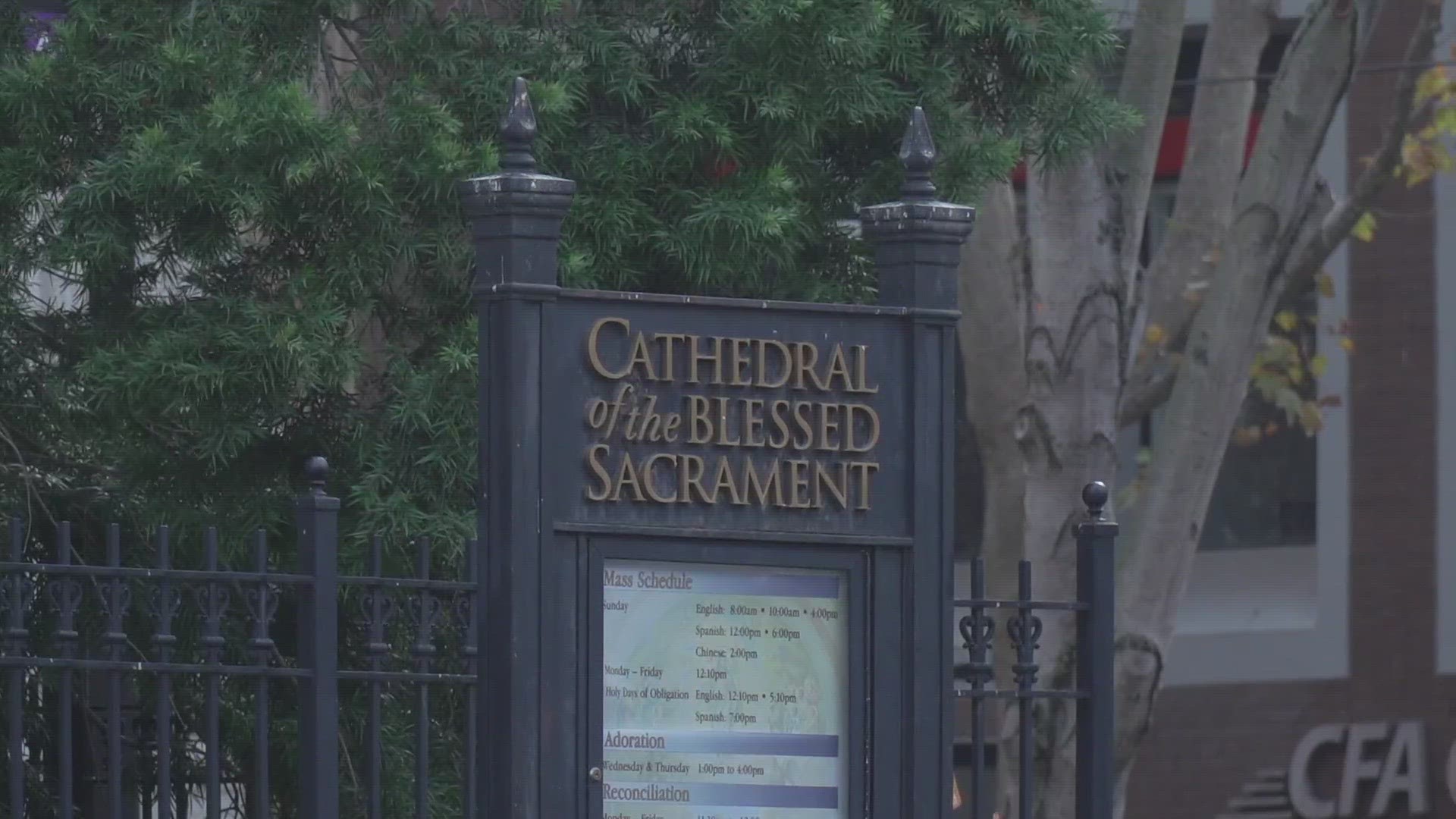SACRAMENTO, Calif. — Catholic Diocese of Sacramento Bishop Jaime Soto said the diocese will petition for Chapter 11 bankruptcy with a filing on April 1.
"As I shared in the December announcement, the bankruptcy process is the only respectful, and equitable way to address the substantial number of claims by those who have been abused by clergy and other Church Workers," he said in an open letter posted to the diocese website Saturday.
Soto says the bankruptcy will be a lengthy process, but it provides supervision and transparency allowing equitable resolutions for survivors of sexual assault at the hands of clergy.
In 2019, the Diocese of Sacramento published a list of clergy members and church workers credibly accused of sexually assaulting minors and young adults. The list of credibly accused clergy has been updated as of Jan. 31.
Soto says the court-supervised bankruptcy will allow the church to continue its teachings and charitable work across Northern California.
Diocese officials are also creating a Chapter 11 bankruptcy page on their website for all court filings and communication related to the bankruptcy.
"As this journey of atonement continues, join me in prayer for all the victim-survivors of abuse," Soto said.
Click here to read the recent open letter from Bishop Jaime Soto.
SNAP, the Survivors Network, issued a statement Monday morning after the weekend's news asking Soto to reconsider the bankruptcy filing. They wrote, in part:
"Bankruptcy is not the only way to achieve fair recoveries in all of the lawsuits against the Diocese. In the last window, universal agreements were reached between the Church and survivors and their attorneys, without the draconian consequences that bankruptcy will bring along with it.
In a bankruptcy, those who have filed lawsuits become “creditors.” The court will allow a certain period of time for other “creditors” – victims – to come forward. However, once the bankruptcy proceeds to its conclusion, anyone abused before the filing date who did not come forward is barred from ever filing a lawsuit. This would include those who do not remember their abuse, those who do not understand the impact it has had on their life, those who are not yet ready to speak out, and – most disturbingly – those children who are too young to understand that they needed to file a claim before the bar date.
California recently adopted a law completely removing the civil statute of limitations for child sex crimes going forward. Sadly, for those survivors abused in Catholic dioceses that see a bankruptcy to completion, the legislative intent of this reform – to allow just compensation for life-long injuries and to learn who the perpetrators, and those who protected them, are – will be thwarted for decades."
WATCH MORE: Are California Catholic dioceses using victim compensation fund to prevent future lawsuits?



















